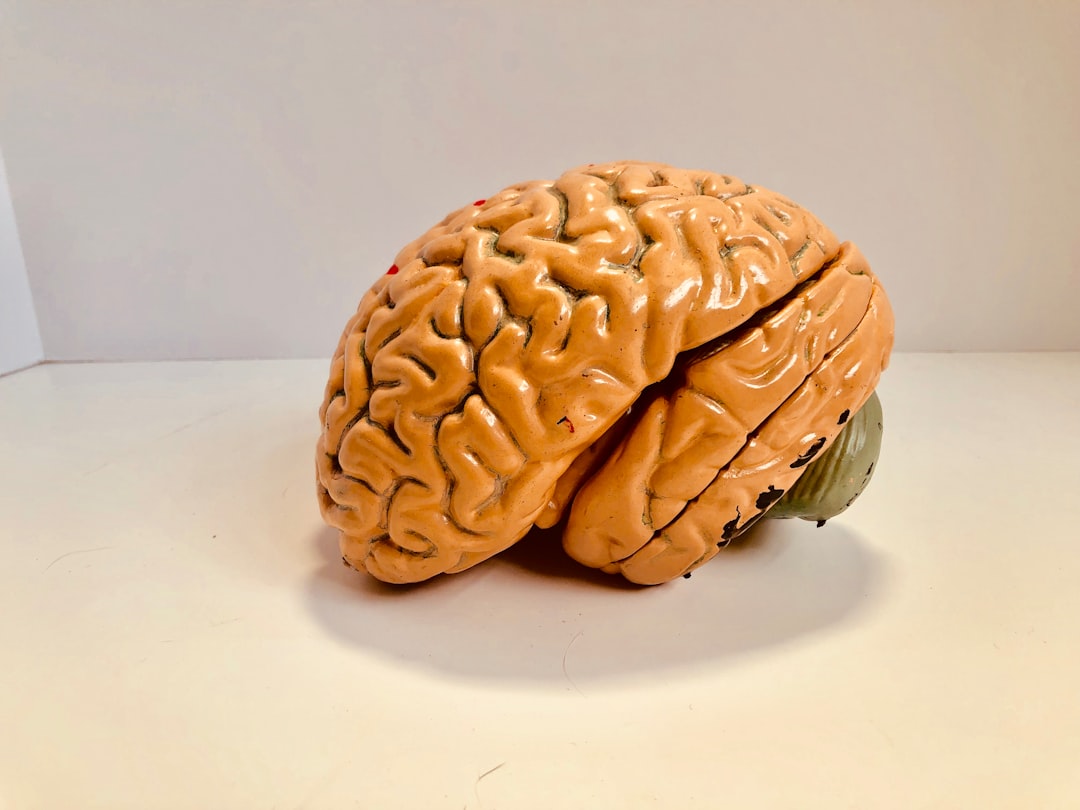What is it about?
Female Genital Mutilation (FGM) is when the female genitals are cut or injured for no medical reason. This is usually carried out on young girls without consent. Worldwide more than 200 million women have had FGM. Around 137,000 women and girls with FGM, mainly from Black, Asian and Minority ethnic communities, live in England and Wales. Health problems caused by FGM cost the NHS approximately £100 million every year. This community-based clinic for non-pregnant women provides a holistic model of care integrating a midwife, health advocate and counsellor into every consultations. Over one year there were 182 attendances at the clinic (88 new patients; 94 follow-up appointments). Almost half (52%) had type 3 mutilation, 32% had type 2; 9% had a history of type 3; 5% had type 1; one had type 4 and one declined assessment. A total of 35 women (40%) disclosed at least one psychological symptom (such as depression, anxiety, flashbacks, nightmares) during initial consultation.
Featured Image

Photo by Thought Catalog on Unsplash
Why is it important?
Our findings show that non-pregnant women attending female genital mutilation services present with a wide range of psychological and physical problems. Holistic woman-centred models of care appear to facilitate access to deinfibulation and counselling, which in turn may reduce long-term costs to the NHS. Safeguarding is an intrinsic part of midwives’ work and is sometimes complex. The authors recommend a revision of the World Health Organization classifications to specify partial or total removal of the clitoral glans (rather than the clitoris as a whole) as this is inaccurate and may have a negative psychological impact for women.
Perspectives
I believe in sharing best practice. FGM services a providing care for a vulnerable group of service users. Women with FGM are often refugees or asylum seeker, are usually from Black, Asian and Minority ethnic communities and are women. They suffer from health inequalities and therefore a service model that helps to improve their access to care and their overall health and wellbeing should be replicated in other health service settings.
juliet albert
Imperial College Healthcare NHS Trust
Read the Original
This page is a summary of: The Acton Model: support for women with female genital mutilation, British Journal of Midwifery, October 2020, Mark Allen Group,
DOI: 10.12968/bjom.2020.28.10.697.
You can read the full text:
Contributors
The following have contributed to this page










